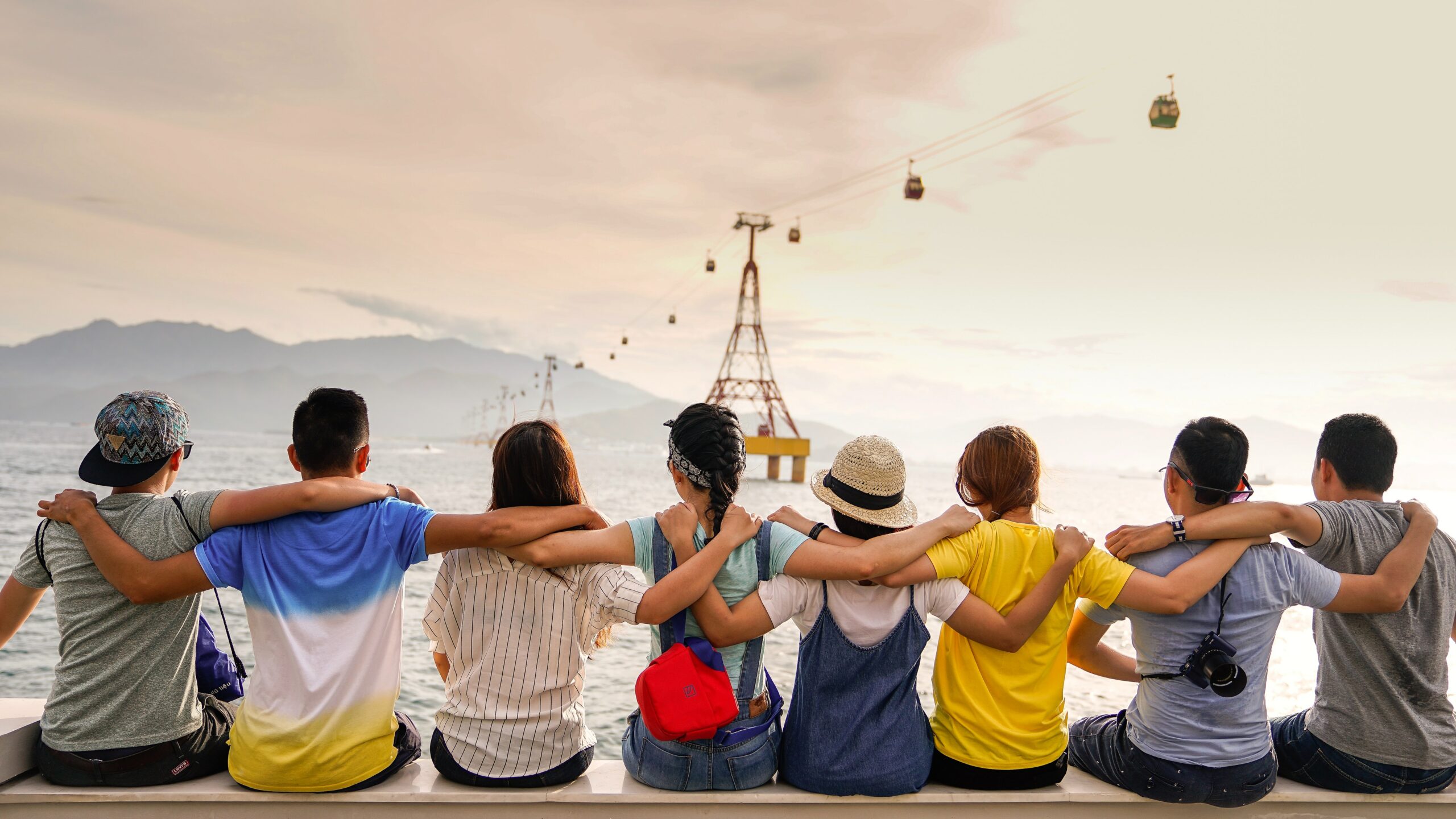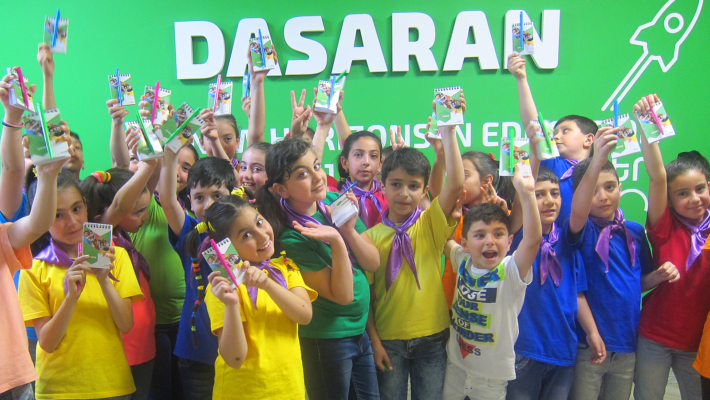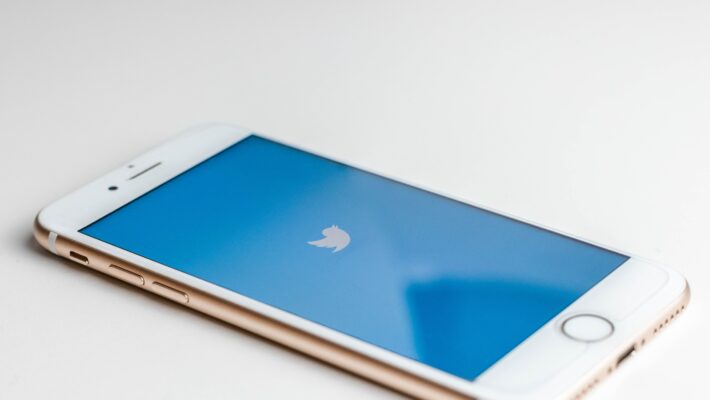Education is a matter of building bridges.
–Ralph Ellison
We need more light about each other. Light creates understanding, understanding creates love, love creates patience, and patience creates unity.
–Malcom X
The academy is not paradise. But learning is a place where paradise can be created.
–bell hooks
It’s been 50 years since the first computers were connected by a network at the Advanced Research Projects Agency. On October 29, 1969, a computer at UCLA sent a one word message to a computer at Stanford. The internet, and especially social media, now have us in a near constant and increasingly global state of connection. But what good is the connection if it isn’t bringing us together? If we aren’t using it to educate ourselves? We live at a tipping point in human history. The future—if there will be one for us—depends on how we use our access to information. Will we use it to build bridges, and grow a paradise? Or to deepen existing divides and create new fractures between people, carving up the world for perhaps one last time?
“This is a great period of transition,” says author and futurist Geoff Livingston in a new Pew survey. “The internet forced us to confront the worst aspects of our humanity. Whether we succumb or not to those character defects as a society remains to be seen.” The survey asked for expert opinions on the next 50 years of world internet use. And while the responses overall are optimistic, they come with a few caveats.
“Unless we see a radical shift soon, the internet as we know it will likely be recalled as a missed opportunity,” warn Nnenna Nwakanma and Juan Ortiz Freuler of the World Wide Web Foundation. Nwakanma is also a member of the UN Internet Governance Forum, and has a long career of advocating for digital equality for Africa. “History will underline that it could have been the basis for radically inclusive societies, where networked communities could actively define their collective future. A tool that could have empowered the people but became a tool for mass surveillance and population control. A tool that could have strengthened the social fiber by allowing people to know each other and share their stories, but out of it grew huge inequalities between the connected and not-connected, both locally and across countries.”
Social Media Doesn’t Have to Polarize Us, But it Certainly Can
Mark Zuckerburg’s recent decision to include Breitbart in the new, supposedly objective Facebook News feature, alongside fact-based reporting from credible newspapers, is one example of social media taking a step in the direction of deeper divides. Zuckerburg’s defense is essentially that all perspectives need to be represented. But the reality is that in order to effectively pursue global equity, we must listen to marginalized voices. Give them a platform. Amplifying the voices of hate will only further polarize us and drive us towards violent ends.
Social media doesn’t have to be polarizing. The idea that it creates an echo chamber where we can only hear voices we agree with isn’t as neat and tidy as we might think. One study by Duke University researchers showed that after liberals and conservatives were paid to follow a social media bot that reposted content from the other side of the aisle, subjects still leaned deeper into their own political ideologies. It’s not just echo chambers that are polarizing us. Contact with opposing political viewpoints isn’t necessarily helping to open our minds. But there is something else that does help.
Exposure to Different Cultures is Key to Creativity, Cognitive Flexibility, and Sense of Self
Travelling abroad has been shown to alter the personality by increasing agreeableness and openness to new ideas. People who have lived abroad in a context that demands them to interact with a culture more deeply than, say, a tourist would, are capable of more creative work. Any kind of travel, as Mark Twain famously put it, is “fatal to prejudice, bigotry, and narrow-mindedness.”
But experts say it’s not about whether you live or only travel abroad. It’s about whether or not you engage with another culture. “Foreign experiences increase both cognitive flexibility and depth and integrativeness of thought, the ability to make deep connections between disparate forms,” says Columbia Business School Professor Adam Galinsky. “The key, critical process is multicultural engagement, immersion, and adaptation. Someone who lives abroad and doesn’t engage with the local culture will likely get less of a creative boost than someone who travels abroad and really engages in the local environment.”
Exposure to other cultures also enriches one’s sense of self, giving you a firmer grip on who you are, as distinct from other people. “What a lot of psychological research has shown now is that the ability to engage with people from different backgrounds than yourself, and the ability to get out of your own social comfort zone, is helping you to build a strong and acculturated sense of your own self,” says Mary Helen Immordino-Yang, associate professor of education and psychology at the University of Southern California. “Our ability to differentiate our own beliefs and values … is tied up in the richness of the cultural experiences that we have had.”
Not a Traveler? Cultural Intelligence is Still Within Reach
Travel may be the most immersive (and fun) way to gain cross-cultural experiences, but it isn’t the only way. Cultural exposure leads to cultural intelligence, defined as ‘multifaceted competency consisting of cultural knowledge, the practice of mindfulness, and the repertoire of behavioral skills.’ People who use the internet, and especially social media, are more likely to interact with members of different economic classes, races or ethnicities, religions, and political parties, in that order. These interactions open the door to cultural intelligence.
Most people in so-called ‘developing’ nations consider the internet an educational asset. Most Americans say the internet makes them better informed, too. But access to information doesn’t itself serve the end of connecting human hearts to one another. It depends on how we use it. Education by, and openness to, viewpoints different than our own is what gives us an understanding outside of ourselves—and thus an understanding at all.
The science is speaking. And 50 years of experience with digital connection is telling us what most of us already intuitively know. We don’t have to become polarized. We have an opportunity to break down existing walls simply by listening to people who are different than us. We don’t all move through space the same way, and our unprecedented access to the world’s spectrum of voices gives us the opportunity to educate ourselves on what it’s like to be someone else, from a different culture, with different barriers, with traumas and memories that we can never understand, but that we can empathize with if we listen to deeply.
It’s Time to Start Using Our Connections to Listen and Learn
Following the social media accounts of people who are different from you is a way to start. Are you able-bodied? Follow some disabled folks and see what issues they’re talking about. Are you cisgendered? Follow some trans and nonbinary people. See what’s on their minds. Are you living in the global north? Find out what the world looks like from the global south’s point of view. We have easy access to these perspectives, and we know what the result will be if we dare to immerse ourselves in them.
Barriers will crumble. Bridges will connect. The lights will switch on. We can make space for paradise to grow.



